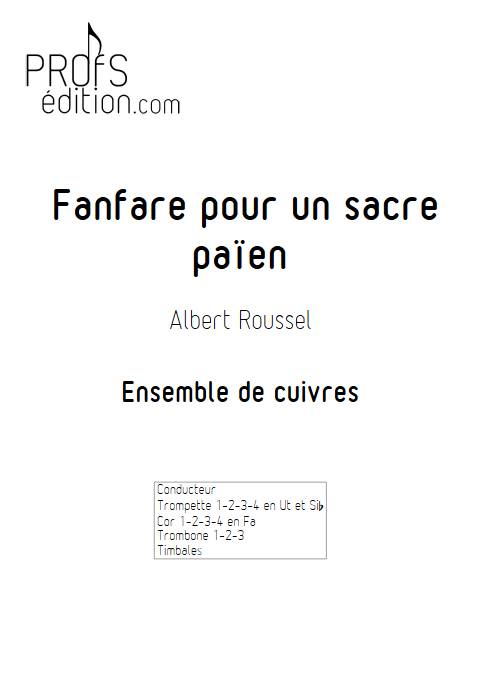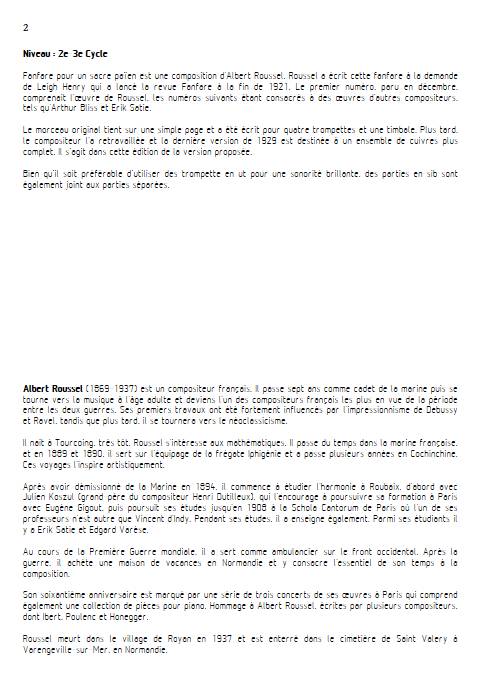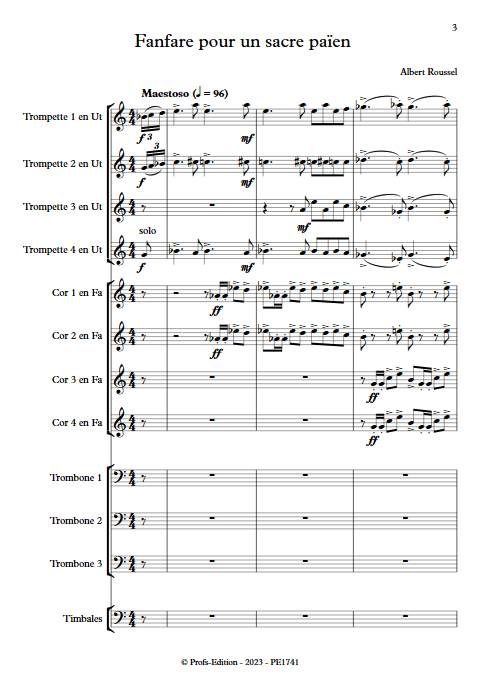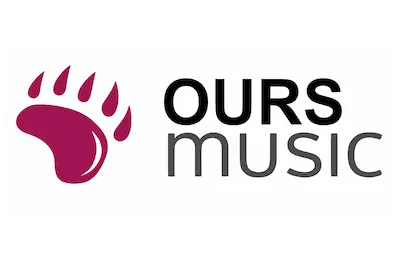Fanfare pour un sacre païen - Albert Roussel
Price : 14.90€
Composer
Grade level
Movement
Instrumentation
Categories
Duration
Number of pages
Educationnal sheet
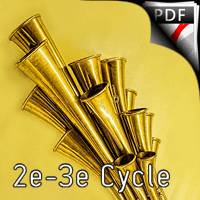
Fanfare pour un sacre païen - Ensemble de cuivres - ROUSSEL A.

Niveau : 2e-3e Cycle
Fanfare pour un sacre païen est une composition d'Albert Roussel. Roussel a écrit cette fanfare à la demande de Leigh Henry qui a lancé la revue Fanfare à la fin de 1921. Le premier numéro, paru en décembre, comprenait l'œuvre de Roussel, les numéros suivants étant consacrés à des œuvres d'autres compositeurs, tels qu'Arthur Bliss et Erik Satie.
Le morceau original tient sur une simple page et a été écrit pour quatre trompettes et une timbale. Plus tard, le compositeur l'a retravaillée et la dernière version de 1929 est destinée à un ensemble de cuivres plus complet. Il s’agit dans cette édition de la version proposée.
Bien qu’il soit préférable d’utiliser des trompette en ut pour une sonorité brillante, des parties en sib sont également joint aux parties séparées.
About the Composer
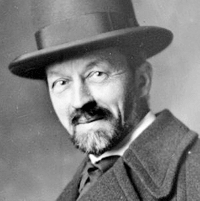
Albert Roussel
Albert Roussel (1869-1937) est un compositeur français. Il passe sept ans comme cadet de la marine puis se tourne vers la musique à l'âge adulte et deviens l'un des compositeurs français les plus en vue de la période entre les deux guerres. Ses premiers travaux ont été fortement influencés par l'impressionnisme de Debussy et Ravel, tandis que plus tard, il se tournera vers le néoclassicisme.
Il nait à Tourcoing, très tôt, Roussel s'intéresse aux mathématiques. Il passe du temps dans la marine française, et en 1889 et 1890, il sert sur l'équipage de la frégate Iphigénie et a passe plusieurs années en Cochinchine. Ces voyages l'inspire artistiquement.
Après avoir démissionné de la Marine en 1894, il commence à étudier l'harmonie à Roubaix, d'abord avec Julien Koszul (grand-père du compositeur Henri Dutilleux), qui l'encourage à poursuivre sa formation à Paris avec Eugène Gigout, puis poursuit ses études jusqu'en 1908 à la Schola Cantorum de Paris où l'un de ses professeurs n'est autre que Vincent d'Indy. Pendant ses études, il a enseigne également. Parmi ses étudiants il y a Erik Satie et Edgard Varèse.
Au cours de la Première Guerre mondiale, il a sert comme ambulancier sur le front occidental. Après la guerre, il achète une maison de vacances en Normandie et y consacre l'essentiel de son temps à la composition.
Son soixantième anniversaire est marqué par une série de trois concerts de ses œuvres à Paris qui comprend également une collection de pièces pour piano, Hommage à Albert Roussel, écrites par plusieurs compositeurs, dont Ibert, Poulenc et Honegger.
Roussel meurt dans le village de Royan en 1937 et est enterré dans le cimetière de Saint Valery à Varengeville-sur-Mer, en Normandie.

